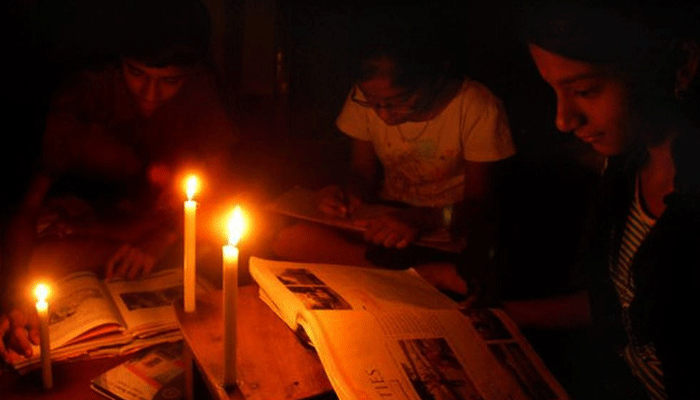top of page
RISE WITH
HUMANITY
PAKISTAN
HISTORICAL BACKGROUND
On 14th August 1947, Pakistan officially became its own country after fighting off years of British colonization through the leader Muhammad Al Jinnah; known as Quaid-i-Azam which translates to "Great Leader."
Pakistan is the fifth-most populous country with a population exceeding 212,742,631 people while only being the 33rd largest country with 881,913 square kilometres.
The primary language of Pakistan is Urdu which is a member of the Indo-Aryan group within the Indo-European family of languages. Islam is the state of religion in Pakistan and about 98% of Pakistanis are Muslim. The majority are Sunni (about 75-95%) while the minority are Shia (5-20%).
The country suffers from major issues such as poverty, illiteracy, health issues, overpopulation, and energy crisis. Poverty has increased roughly from 30% to 40% during the past decade. Causing people to be deprived of basic necessities of life such as clothing, shelter, food, education and medication. About 50% of Pakistan's population is considered to be illiterate and with such family backgrounds, inflation, poverty and child labour this rate is expected to increase in future. People of Pakistan have rising rates of heart disease, diabetes, obesity, and other non-communicable diseases, which disproportionately affect poor families, with possible side effects of disability and premature death, and worsening poverty as people pay for medical treatment out of their own pockets.
HISTORICAL BACKGROUND
:



HONOR KILLING
Honor killing is the homicide of a family member or member of a social group because one has believed that they have causes dishonor upon the family or community that they are a part of.
Known as karo-kari in Urdu. Pakistan has the highest volume of documented and estimated honor killing in the world. About one fifth of every honor killing in the world is performed in the country. People who commit those crimes believe that the other person has conducted in "immoral behavior," such as marital infidelity, declining a marriage offer, divorce, being raped, having daughters, etc. A lot of cases have resulted from rumor or allegations that have not been proven.
Due to honor being focused on who you are percieved as in Pakistan, as soon as someone is accused of behaving in an act that is outside the norm of what increases a community or families honor, the consequences are fatal.
:


:
ILLITERACY
:
ILLITERACY
Pakistan is one of the most illiterate countries of Asia. More than two third of the female population and half the male population is illiterate. The literacy rate of the country falls at about 58.7% which is much lower than other populous and more poverty-stricken countries.
The higher illiteracy rate of about 66% in women is due to the social expectations of women not getting an education and staying in the house to live the traditional lifestyle. Most women are expected to get married and cater to their husband which causes parents to believe that getting an education is unuseful and will not be needed in the future.
The literacy rate of about 50% in men is due to the fact that a lot of families live below poverty line in Pakistan and the men in the family are expected to be the primary breadwinners and earn the primary income coming into the house. Which usually leads to men quitting their education and pursuing a career that involves fast money.


ENERGY CRISIS
:
Over 140 million Pakistan citizens either have no access to power or experience 12+ hours of load-shedding in a day. Not having access to power has a lot to do with who lives above, below, or on the poverty line. Those people end up spending over $2.3 billion per year for items like candles.
The energy crisis has impacted employment in households due to a lot of businesses being forced to close due to energy shortages. About 500,000 families suffer from employment due to this and the people affected are usually unable to find a new job due to the high unemployment rate.
In order to combat the power outages, the people of the country spend a total of about 30 billion Rupees on UPS and battery charges to have backup generators. Since a family suffering from poverty doesn't have the luxury of being able to purchase that, they are often left in extremely hot or cold weather throughout the year leading to a large number of deaths.


bottom of page